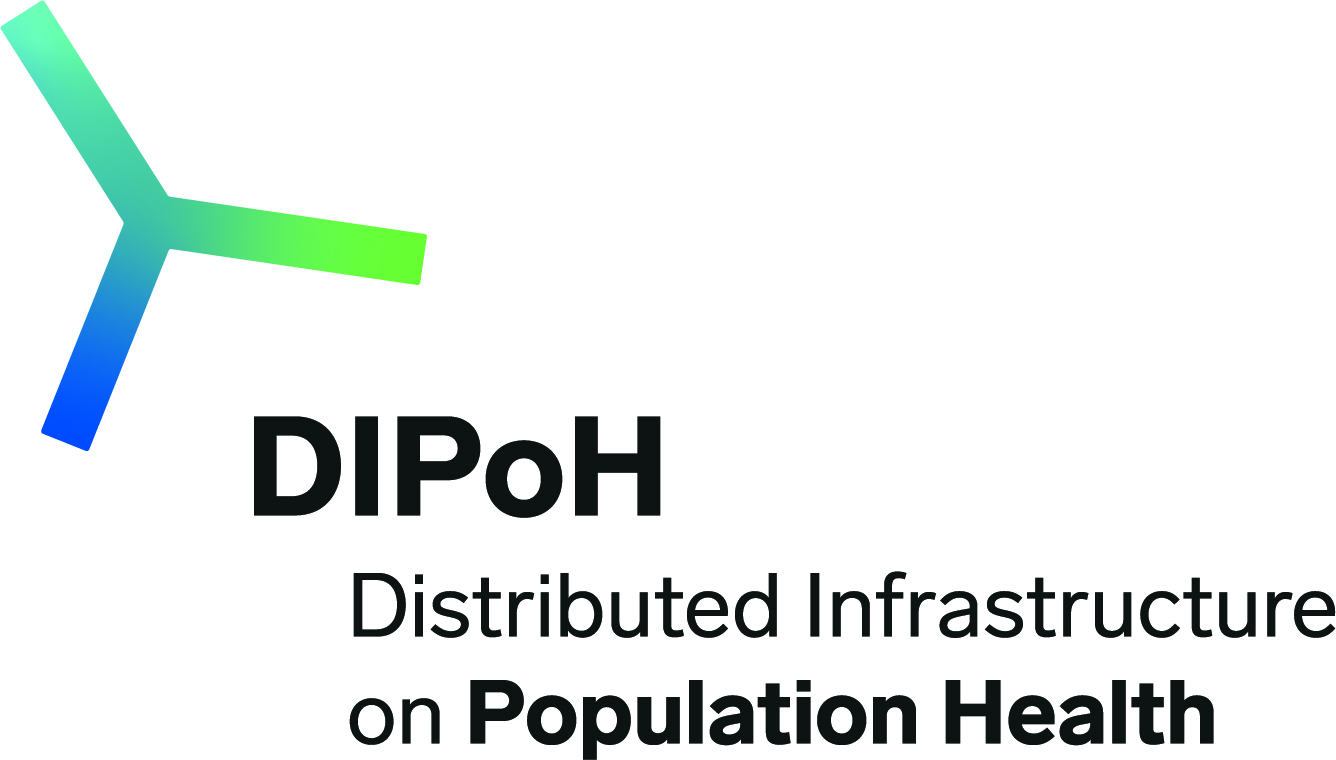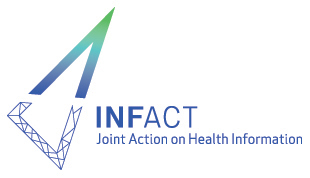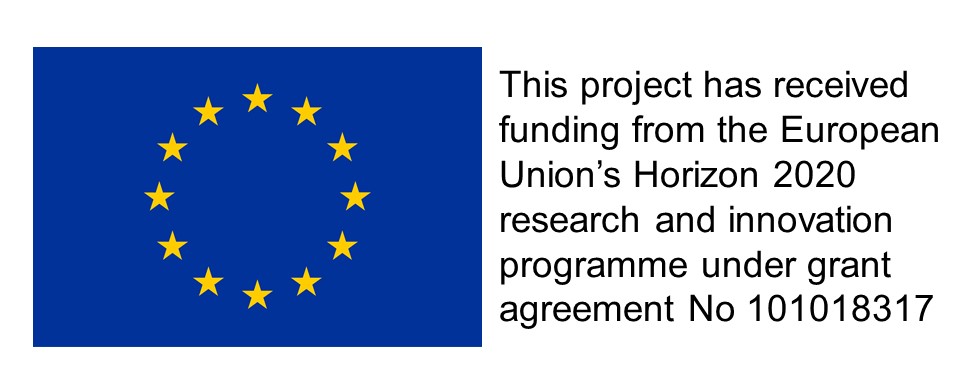Legal framework and institutional responsibilities
Public Health
Public health services include a wide range of activities and state programmes (regulatory as well as non-regulatory) with the primary objective to protect and promote the health of the population and to prevent diseases through vaccination and screening programmes.
The Public Health Act (Wet Publieke Gezondheid) provides the institutional framework for shared responsibility between national government, local government (municipalities) and the private sector.
Health Care
The Dutch healthcare system is governed by 4 basic healthcare-related acts:
- the Health Insurance Act (Zorgverzekeringswet);
- the Long-Term Care Act (Wet langdurige zorg);
- the Social Support Act (Wet maatschappelijke ondersteuning);
- the Youth Act (Jeugdwet).
Health information strategy
Health Care
The development of a national health information strategy related to health care lies with the National Health Information Council (Informatieberaad Zorg). There, health care organisations and the ministry of Health work on the sustainability of the information framework in health care, currently serving four goals: 1) medication safety, 2) patient central, 3) standardized data transfer 4) register once, then reuse. One of the 4 Communities within the council is the Community of Data Experts. Their focus was the secondary use of data for statistics, research and health (care) policy. The Council is currently being reorganised.




